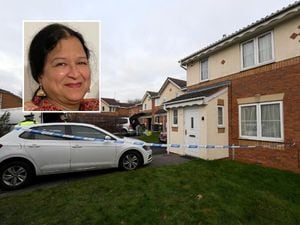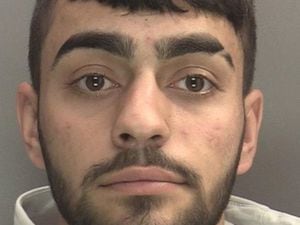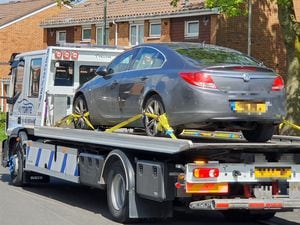Poll: Should terminally ill people be allowed to end their own life?
A terminally ill man has been granted the right to end his life in South Africa, where euthanasia is illegal.

For the first time in the country, Judge Hans Fabricius today ruled that Robin Stransham-Ford could be euthanised with no legal or professional consequences for the doctor who will participate.
Mr Stransham-Ford, 65, only has weeks to live, said rights group DignitySA, which supported the court bid and picketed outside the courthouse in the capital Pretoria.
Mr Stransham-Ford has prostate cancer, leaving him in constant pain. The medication used to manage his pain leaves him constantly sedated, the group said.
He is being cared for by the mother of his 12-year-old daughter, and wants to die at home with his family, said the group.
"I wish to end my life with dignity, surrounded by my loved ones, while I am able to breathe on my own, speak to my loved ones and see and hear them," was Mr Stransham-Ford's plea to the judge, according to local newspaper the Pretoria News.
The Justice Department plans to appeal against the decision. Willem Landman of DignitySA said the group would welcome an appeal as a chance to test the right to die against the constitution.
"There is a conflict between our constitutional rights and the common law," said Mr Landman. The law currently regards assisted suicide in the same way as homicide or murder. In his court order granting the assisted suicide, Judge Fabricius said this limited the constitutional right to dignity.
This decision was not an endorsement of the End of Life Decision draft Bill, the judge said. The proposed assisted suicide legislation was submitted to the justice and health departments 17 years ago and has languished there.
Mr Stransham-Ford was friends with Mario Oriani-Ambrosini, an opposition member of parliament who committed suicide last year after being diagnosed with terminal lung cancer.





